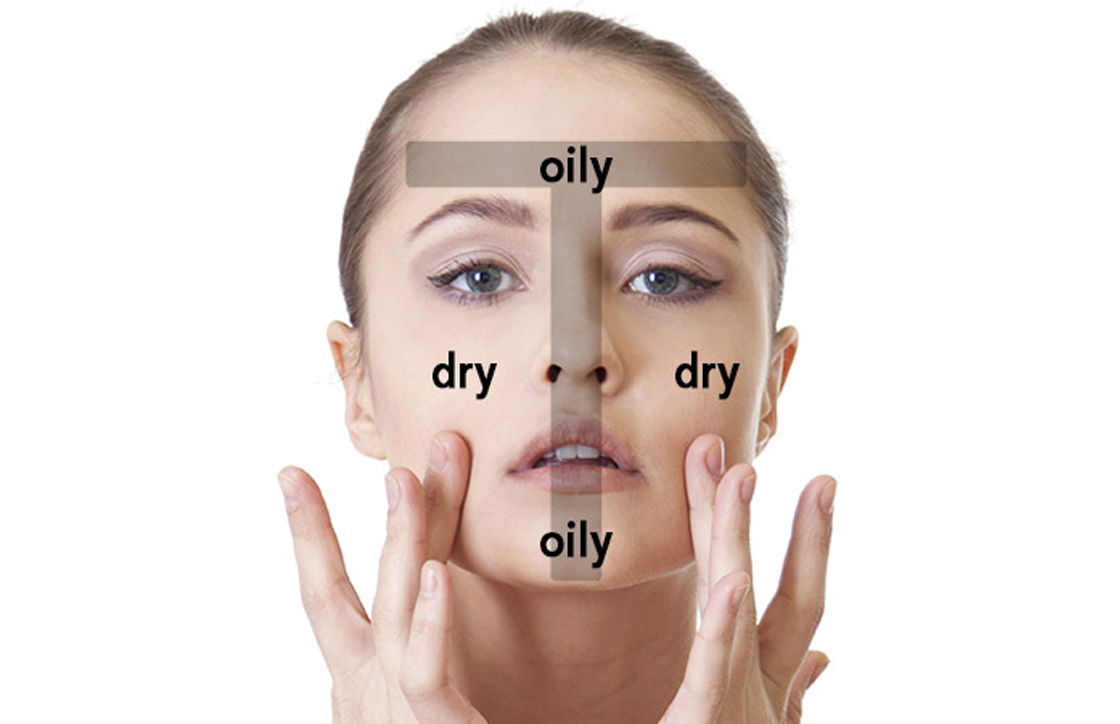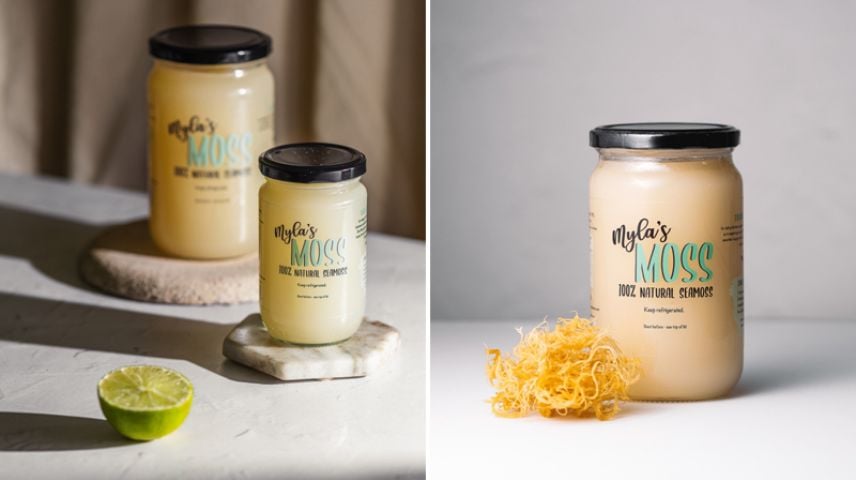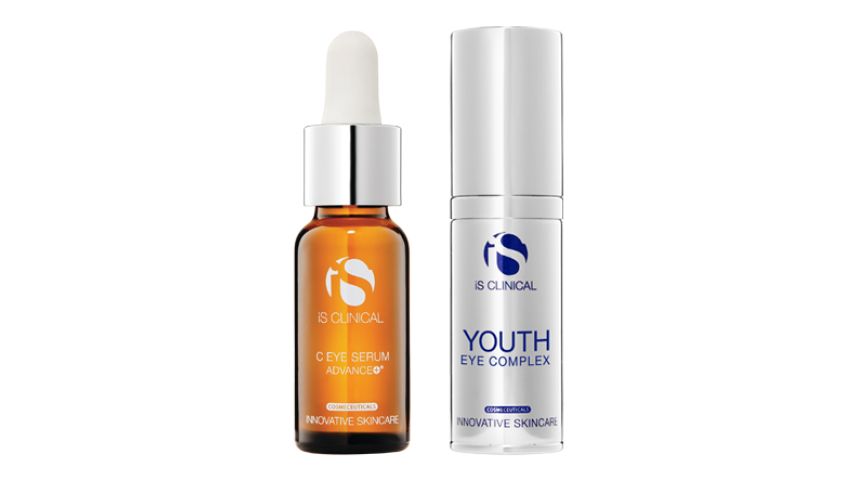How to Deal with Combination Skin

Combination skin means you will experience dryness and/or dehydration in some areas and oiliness in others. Usually the nose, forehead and chin (commonly called the t-zone) will be oily, while cheeks will be dehydrated. If this sounds like you, then fret not, for Edwige Gandin, Facialist at Pastels Salon Jumeirah, Dubai, gives their top advice on how best to deal with combination skin.
Nearly all skin-types experience dehydration, which is a lack of moisture; while dry skin is due to a lack of oil. With combination skin some parts can be dull tight and flaky, while other parts can be greasy and can experience an occasional break out.
In general, combination skin is down to your genetic makeup, rather than lifestyle choices. That said, UV light from the sun and other factors such as stress, climate (air pollution), lifestyle, changes, diet and hormones can all contribute to the health and well-being of your skin.
Humidity and dust can make your skin break out more than normal and contribute to clogged pores, whiteheads, and blackheads. Polluted air can cause ageing, and AC can be very dehydrating for the skin. In Dubai it is quite common to experience the symptoms of combination skin such as clogged pores.
To ensure your skin looks its best, you need to have a good combination skincare routine featuring ingredients that can help to remove the dirt and oil from the skin such as tea tree oil, glycolic acid, salicylic acid, clay and charcoal. In terms of the best facial for combination skin, Vitamin C facials are great for brightening. Facials with enzymes and acids are super for exfoliation and removing dirt and oil and can show a quick result. For best results a combination of a good monthly facial and a daily home-care routine is a must.
One of my favourite treatments for combination skin is the Nimue Deep Cleanse facial treatment, as it features clay masques and steps using cleansers that contain all the good acids and enzymes you need to have clean pores and a bright complexion.
Whenever you are purchasing skincare make sure the product has some beneficial ingredients that actually do something for your skin. Always use proven ingredients that work, and typically these are not found in over-the-counter products. For cleansers and masks go for products that are based on charcoal, glycolic acid, salicylic acid, lactic acid and citric acid, tea tree or clay. The best moisturiser for combination skin should be filled with anti-oxidants and skin-loving acids. An important ingredient you might want to consider is Vitamin C - this is a great antioxidant and skin brightening ingredient. It can also act on marks left after spots and breakouts. Also consider using products with Vitamin B (niacin-amide), as it is an amazing ingredient to even out the colour of skin. Last but not least is Hyaluronic acid. This is an amazing moisturising ingredient that is in many serums and creams.





